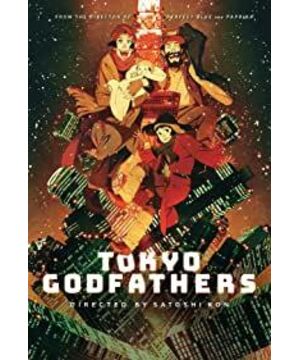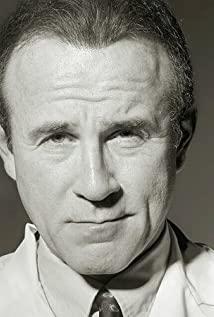Three homeless, transgender rough girls run away from home.
Three names, A Hua Lao Jin Mei Xue
Unique warmth, the godfather of Tokyo.
Yes, it is narrative, without Jin Min's usual gorgeous shots and editing skills, and without the usual visual reality and dreams intertwined. Jin said he does not want to see the homeless as the weak, representatives of the unfortunate, or a burden to society. Homeless people also have the right to love, and the content of the film shows the process of their redemption.
The word godfather originally meant the person who gave a baby a Christian name when he was baptized. It was the transgender A Hua who named Qingzi. The film starts with a church sermon, and at the end, Ah Hua landed safely and reached a climax under everyone's attention. The rising sun, the whistling wind, and the appearance of the "God-given child" are all clearly telling people that this is God. trace. And this miracle is a collection of human beliefs and concern for individuals.
Ah Hua's love for Lao Jin and her children cannot be ignored. She longs to be a mother, she longs to be loved, but all this is an illusion in the cruel reality. This may also be the "interlacing of reality and fantasy" that Jin Min is good at, but this time it is not visual, but a delicate emotional expression.
As the red sun rose, the godfather's desire came to nothing, but he also succeeded in turning over from the bottom, allowing himself to be redeemed by God, and the journey was over.
View more about Tokyo Godfathers reviews











